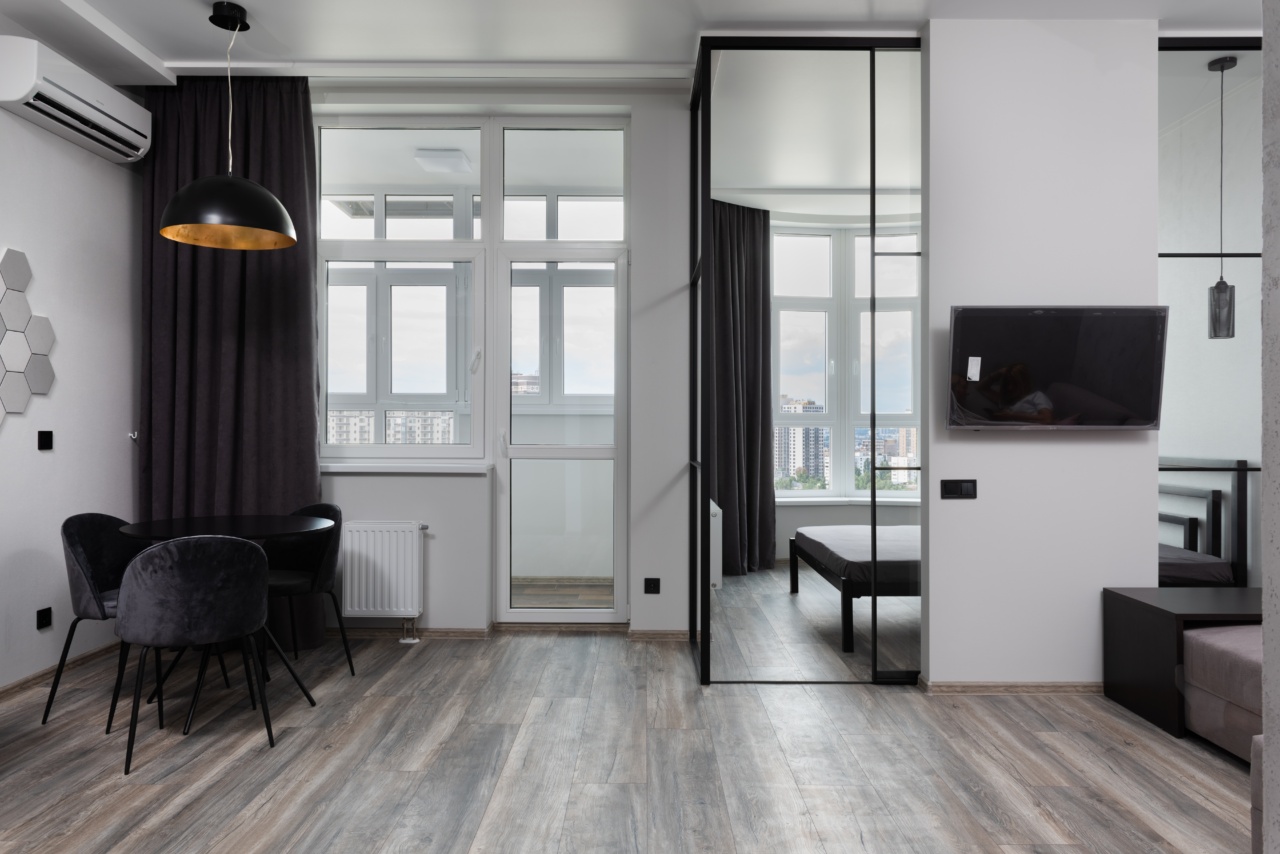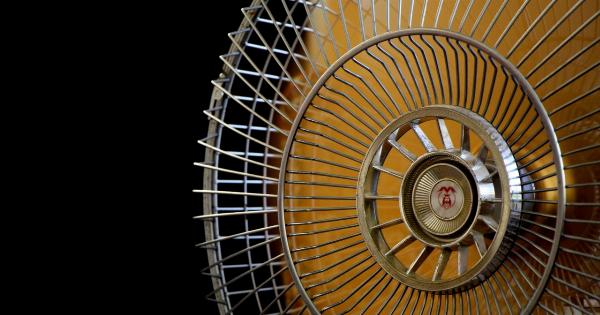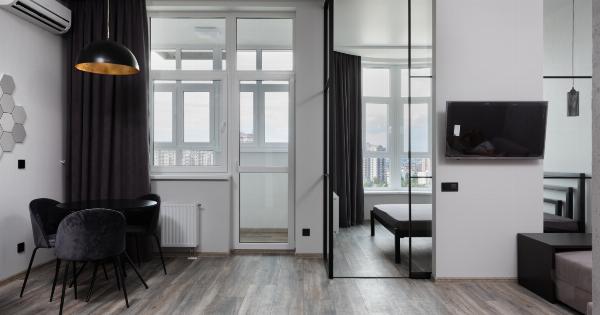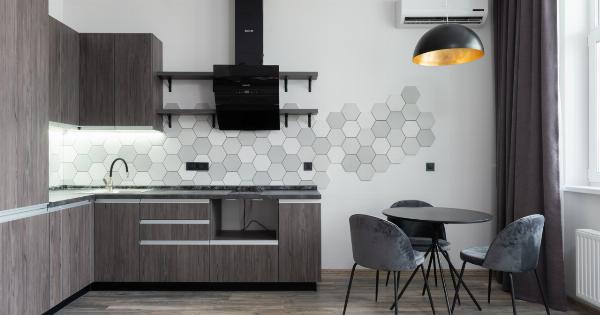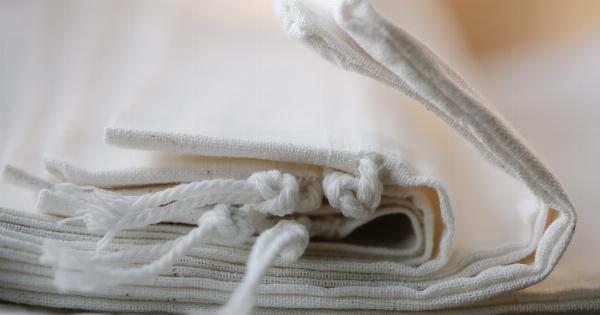As summer temperatures soar, air conditioning units become essential home and office appliances. However, many people find that their units take a long time to cool their spaces down to a comfortable temperature.
Here are some tips for maximizing your air conditioning for faster cooling.
Make Sure Your Filters Are Clean
Dirty filters can cause your air conditioning unit to work harder than it needs to. When your filters are clogged with dust and debris, it restricts the amount of air that can flow through your unit.
This means that it will take longer for your home or office to cool down. Make sure to change your filters regularly to avoid this problem.
Close Your Windows and Doors
If you have windows or doors open while you’re running your air conditioning unit, you’re essentially throwing money out the window.
Your air conditioner is working hard to cool down the outside air instead of the air inside your home or office. Make sure to keep your windows and doors closed while your air conditioner is running to maximize its efficiency.
Use Ceiling Fans
Running ceiling fans can make your room feel cooler without the need to crank up your air conditioning. Fans help distribute the cool air around the room, making it feel more comfortable.
Plus, running your ceiling fans can help save you money on your energy bill by allowing you to use your air conditioning unit less frequently.
Keep Your Unit in the Shade
If your air conditioning unit is exposed to direct sunlight, it’s going to have to work harder than if it were in the shade. Try to keep your air conditioning unit in a shaded area to help it cool your space more efficiently.
Close Your Blinds and Curtains
Sunlight streaming in through your windows can quickly heat up a room and make your air conditioning unit work harder. Closing your blinds and curtains can help keep your space cool and reduce the strain on your air conditioning unit.
Plus, it can also help protect your furniture and other belongings from fading due to sunlight exposure.
Invest in a Programmable Thermostat
A programmable thermostat can help you save money on your energy bill and maximize your air conditioning’s efficiency.
You can set your thermostat to turn off or turn on at certain times of the day, so you’re not wasting energy cooling your space when no one is around. Plus, you can program it to begin cooling your space before you even arrive home, so you can come home to a cool and comfortable space.
Get a Professional Tune-Up
If your air conditioning unit is not running as efficiently as it should be, it may need a tune-up. A professional can help ensure that your unit is running at peak performance, which can help it cool your space faster.
Plus, a tune-up can help extend the life of your air conditioning unit, so you can continue to enjoy a cool home or office for years to come.
Keep Your Unit Maintained
To maximize the efficiency of your air conditioning unit, it’s important to keep it maintained. This includes cleaning the coils, checking for leaks, and ensuring that all the parts are functioning properly.
By keeping your unit maintained, you can help it work more efficiently, which can help it cool your space faster.
Consider Upgrading Your Unit
If you’ve tried all of these tips and your air conditioning unit is still not cooling your space as quickly as you’d like, it may be time to consider upgrading your unit.
A newer, more energy-efficient unit can help you save money on your energy bill and cool your space faster than older units. Plus, newer models often come with features like programmable thermostats and remote controls, which can make it even easier to use and maintain your air conditioning system.
